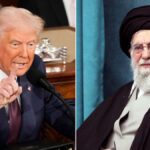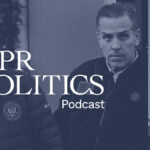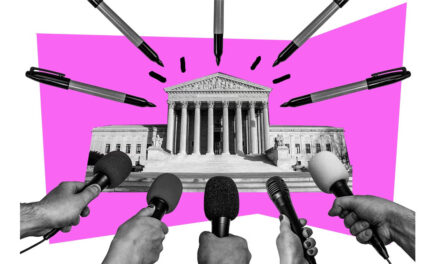
Debunking the Myth: RAND Study Reveals Veterans Not Prone to Extremism

In a resounding blow to the prevailing narrative, a recent study conducted by the esteemed RAND Corporation has revealed that military veterans are no more likely to support extremist ideologies or engage in radical activities than their civilian counterparts. This groundbreaking research challenges the widely held liberal belief that the military serves as a breeding ground for dangerous extremist ideologies.
The study, which surveyed nearly 1,000 veterans, presents a compelling argument against the notion that military service fosters an environment conducive to radicalization. Initiated in response to concerns about the potential infiltration of extremist elements within the military, this investigation sought to uncover the truth behind these assumptions.
To explore whether veterans, armed with their military training and familiarity with firearms, are more susceptible to extremist influences than the general population, the researchers delved deep into the heart of the matter. Their findings revealed a lack of compelling evidence to support the claim that veterans exhibit higher rates of support for violent extremist groups or hold extremist beliefs compared to the broader American public.
The report shed light on a crucial aspect of the issue by acknowledging that extremist groups often provide a new social network and sense of purpose to individuals who may no longer experience the same sense of meaning and belonging they once found in military service. However, despite rising concerns, little empirical research had been conducted to examine the prevalence of support for violent extremism among veteran communities. This study sought to fill that knowledge gap.
In a remarkable turn of events, the RAND researchers discovered that, in almost all cases, veteran support for extremist causes across the political spectrum was lower than that of the general population. For instance, only 5.5% of veterans expressed a favorable opinion of left-wing group Antifa, while the figure stood at 10% for the American public at large.
The results clearly demonstrate that the veteran community does not exhibit higher rates of support for extremist groups or extremist beliefs than their civilian counterparts. It is important to note, however, that the study’s authors emphasize the need to ensure that veterans are not susceptible to recruitment by those with extremist ideologies. While the study provides encouraging data, there is still work to be done to safeguard against the potential radicalization of veterans.
The increased concern surrounding the radicalization of veterans can be traced back to reports that a significant number of individuals involved in the January 6, 2021, attack on the U.S. Capitol were either currently serving or had previously served in the military. This revelation ignited fears that right-wing political violence could infiltrate the armed forces and pose a threat to the stability of the nation.
Several factors contribute to the vulnerability of veterans to extremist ideologies. Their weapon training, logistical expertise, and leadership skills make them attractive recruits for violent extremist groups. Additionally, the demographic makeup of the veteran population, predominantly male and white, aligns with the profiles associated with right-wing (and to a lesser degree, left-wing) extremism in the United States.
To comprehensively examine this complex issue, RAND researchers conducted the first nationally representative survey of veterans’ views on extremism and extremist groups. The results were eye-opening. Veterans expressed considerably lower support for Antifa, white supremacist groups, the Proud Boys, and the QAnon conspiracy theory compared to the general population.
Although these findings are encouraging, the study revealed that support for political violence and the Great Replacement theory among veterans was similar to that observed in the general population.
Notably, Marine Corps veterans displayed the highest levels of support for Antifa, the Proud Boys, and Black nationalist groups, as well as higher levels of support for political violence and the Great Replacement theory compared to veterans from other branches of the military. This finding underscores the importance of continued efforts to understand and address the factors that drive some active-duty personnel and veterans to embrace extremist beliefs and join extremist causes.
The study undercuts logic from the Biden administration that has been used justify interference, “retraining” and investigation of the military as a source of possible extremism. Their premise is proven incorrect.



























Interesting story Daniele, I never knew. Plus in looking it up, kept seeing MSM earlier stories talking 6% t0 26% military in extremist groups and screaming “oh the horror of it all,” while on average, military is about 13% of US male demographics. Even the 26 didn’t seem that out of place given`13 so not sure what all the fuss was about given correlation does not proven causation.
Anyway, rather than nefarious, most of these guys have disenfranchisement issues which might point to that possible problem with military vets —– which would be an issue for our society in entirety ==== not just the military. I mean if we turn em loose to lose, don’t we all own some of the responsibility to change that potential outcome? I for one, who like to see all vets succeed; they deserve more than most for service to their country.